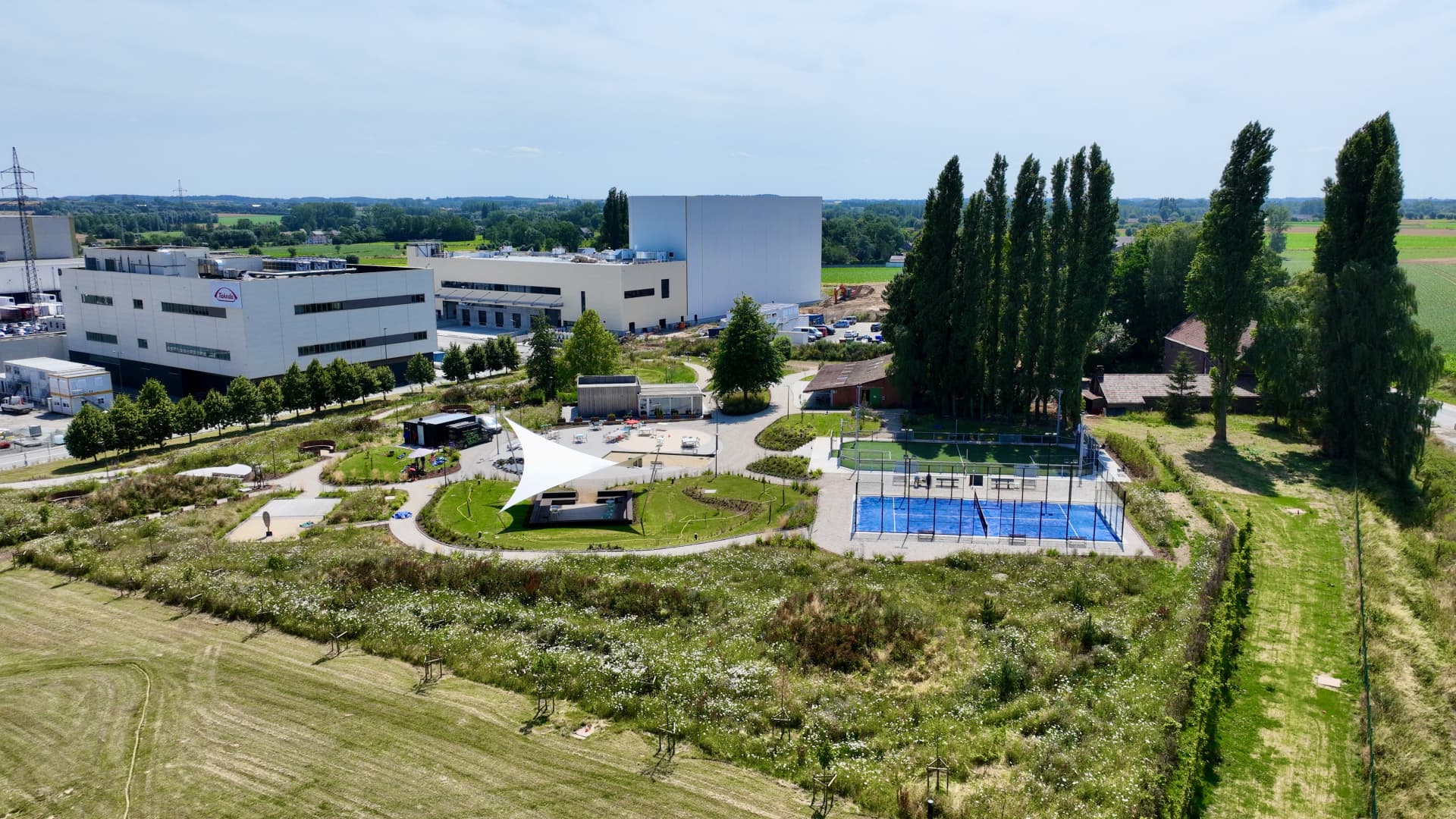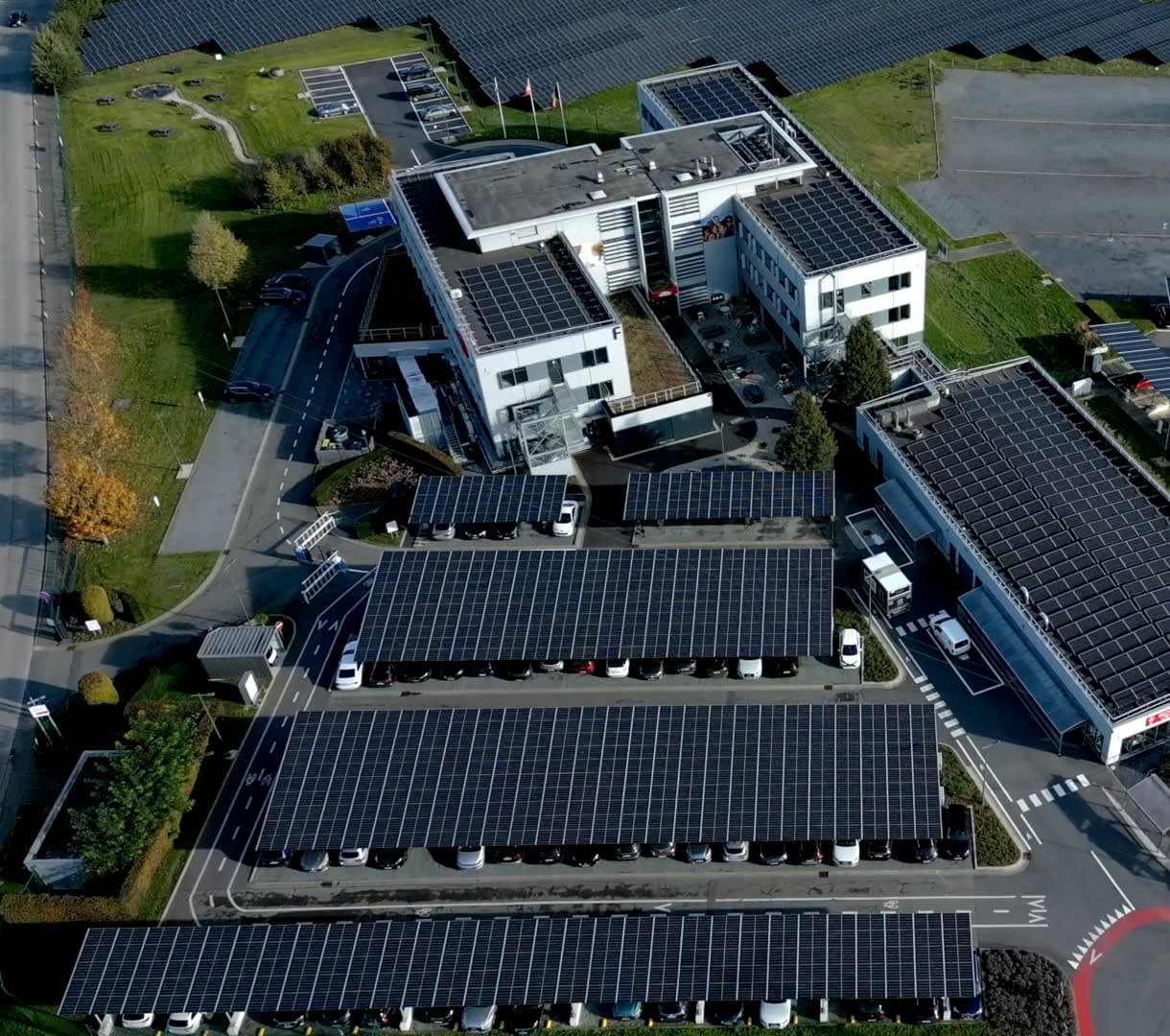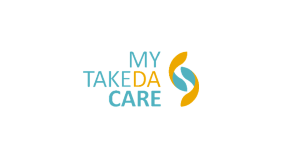Takeda Belgium
Belgium
Welcome to Takeda Belgium. At Takeda, we are dedicated to improving the health and well-being of people around the world. As a global biopharmaceutical leader, we combine our more than 240-year Japanese heritage of innovation and excellence with cutting-edge science to address some of the most challenging healthcare needs.
We invite you to explore our presence in Belgium, and how we strive to make a life-transforming impact on patients.
In Belgium, Takeda is proud to be one of the top 10 pharmaceutical companies, with over 1,300 talented professionals working passionately to advance healthcare solutions.
1,300
Dedicated employees working across 3 sites (Zaventem, Lessines, Brussels).
3rd
Largest manufacturing site in Takeda’s network, with a new warehouse and soon a new purification line.
+15
Active clinical trials in Belgium.
40
Patient organizations collaborations to support better care and outcomes.
What we do

Our Locations in Belgium

Our Therapeutic Areas

Join Us
Newsroom

Our Commitment
Takeda Belgium is driven by a patient-first philosophy, supported by our core values of integrity, fairness, honesty, and perseverance. We are dedicated to:
- Patients: Delivering innovative, life-transforming medicines and vaccines, and accelerating global, equitable access to these treatments.
- People: Developing talent, advancing diversity, equity, and inclusion, and creating a culture of well-being.
- Planet: Achieving net-zero greenhouse gas (GHG) emissions in our operations, conserving natural resources, and designing with sustainability in mind.
Contact Us

Takeda Lessines (Global Manufacturing Site)
Pharmacovigilance (Adverse events)
Note: This number does not provide medical advice.


